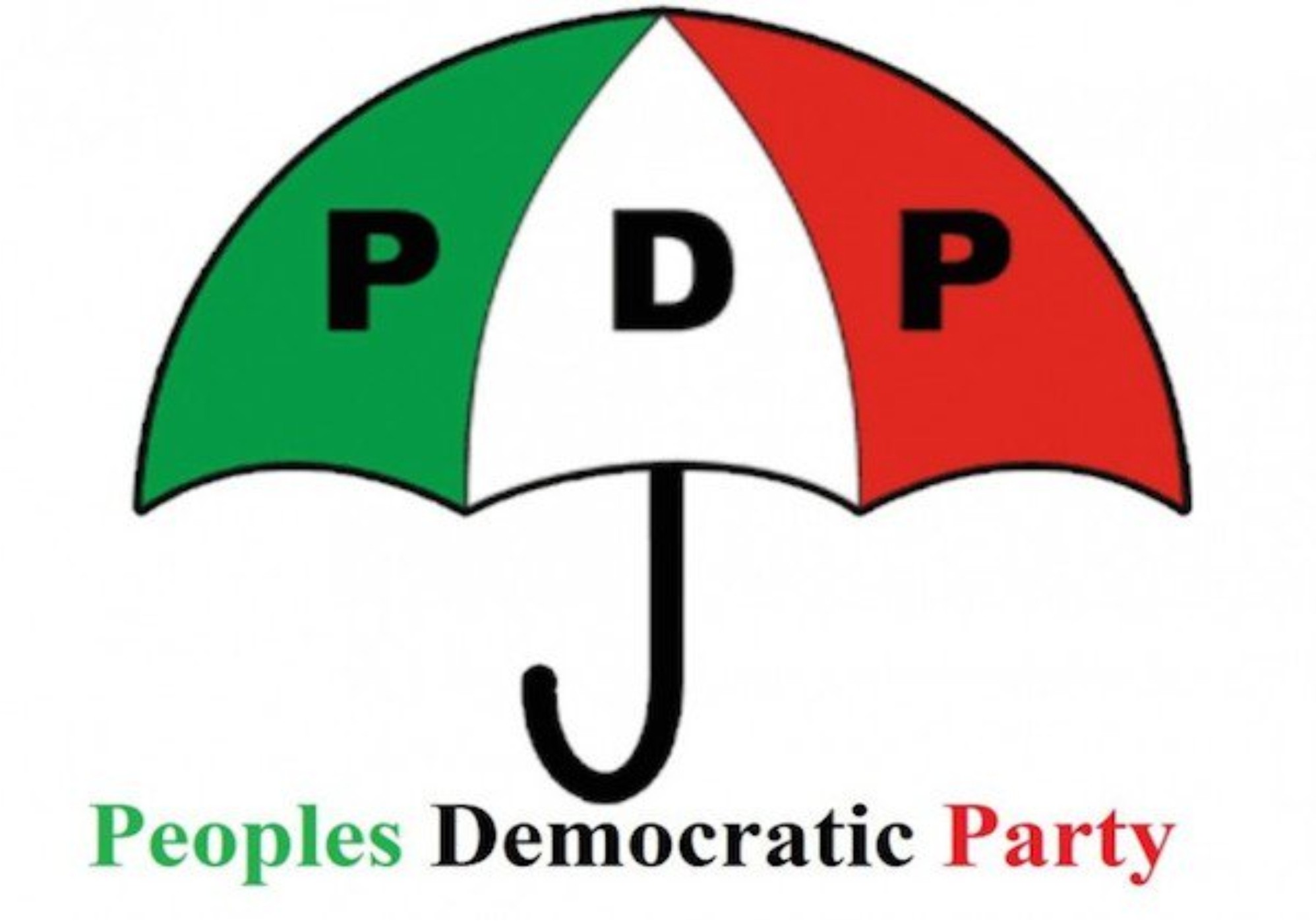Niger Delta
PDP Chieftain Tasks Delta Govt On Illegal Fees Collection

A Peoples Democratic Party (PDP) chieftain, Chief Sunny Onuesoke has appealed to Delta State Government to enforce a law enacted to stop illegal and forceful collection of levies known as community development fees or “deve” from the public and private developers in the state.
Recall that Governor Ifeanyi Okowa assented to a bill entitled “Delta State Public and Private Properties Protection Bill 2018’ in August last year. The bill criminalised the illegal and forceful collection of levies from public and private developers in the state.
Speaking to newsmen in Asaba, Delta State capital, Onuesoke said since the governor signed the bill into law, Delta communities were still indulging in the illegal and forceful collection of levels from private and public developers in the state because the government had not implemented the law in total or come out with a penalty to punish anyone found breaking the law.
Onuesoke said that harassment of developers particularly by youths under the guise of collecting illegal fees chased away investors who are ready to do business in the state.
He further argued that a situation where an investor was asked to pay certain amount of money to some group of people in a community before he was allowed to set up a company or structure was fraudulent, retrogressive and not in the best interest of the development of communities and the state.
The former governorship aspirant maintained that beside scaring away investors, the collection of such illegal dues was responsible for thuggery, assassination and communal warfare as those involved clashed among themselves as they scramble to take control of the area so that they would be in position to collect the illegal dues.
Teachers’ Recruitment Purely On Merit, Says Delta HoS
Warri – Reginald Bayoko, the Delta State Head of Service (HoS), has dismissed insinuations in some quarters that the ongoing recruitment of teachers in the state was a mere formality, revealing that the exercise was based on merit and free from interference from any quarters.
Bayoko said that the state governor has warned officials in charge to recruit the best hands irrespective of party affiliation, creed and religion.
Addressing newsmen on the state of the exercise, the HoS disclosed that even the governor, Ifeanyi Okowa, has no slot and that anybody who successfully scaled through the process at the end of the exercise got the employment strictly on merit.
He emphatically dismissed the rumour making the round that the employment of 1,000 teachers to boost the state teaching service has been shared to politicians, senior government officials and members of the state House of Assembly and commissioners.
He said the online application and the computer based test assisted in reducing physical interaction with the applicants.
He said: “That is what we are saying, people have different mindset. They are seen the reality on ground but they are saying the other side. This is because of the level of skepticism they hold. As I’m even telling you now, the governor does not even have a slot.
“I was in a meeting where the issue was raised and the consensus was that the employment should be merit-driven. You find that the recruitment was computerised, application was online, and there was no interaction with anybody. There was a computer based test as well.
“This was to reduce the level of interaction. The score was almost instantaneous. So, you knew whether you scaled through or not. There was no form of influence or whatever. A number of persons came to me but I was helpless.
“I told them that is the process and there is nothing I could do about it. Even the governor himself could not inject himself into the process. So, it’s not true that any slot was shared,” he added.
Niger Delta
A’Ibom Unveils Industrial Park For Manufacturing

Niger Delta
Oborevwori Weeps over Senator’s Death

Niger Delta
Nasarawa D’Gov, Others Condole Diri, Ewhrudjakpo Family


